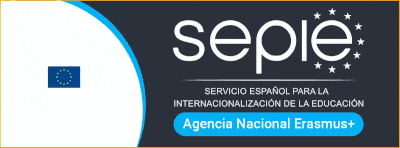This website use cookies to ensure you get the best experience on our website
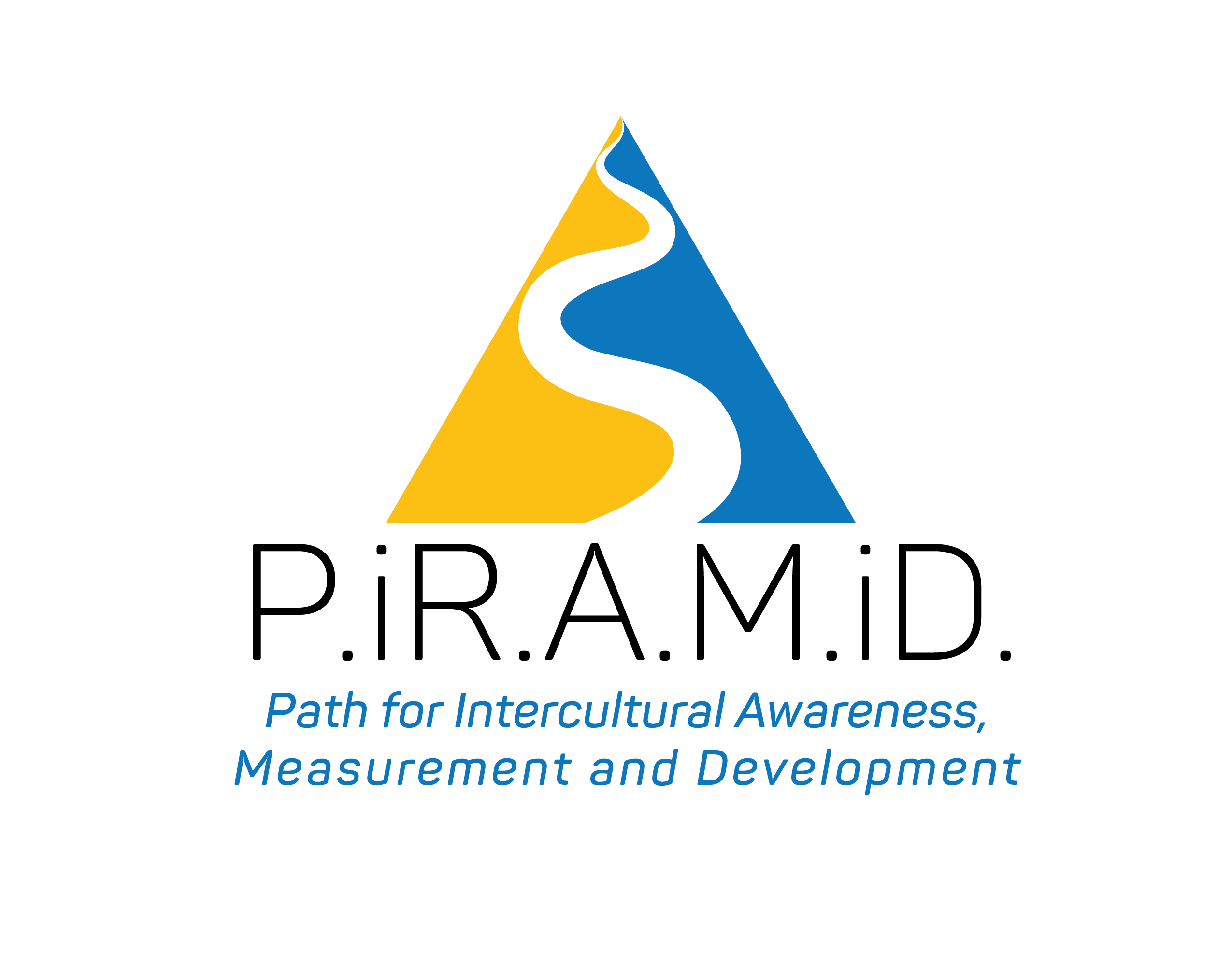
P.IR.A.M.iD
2023-1-ES01-KA220-VET-000157060
P.iR.A.M.iD. Project Follow-up at Tribeka Training LAB, Malaga
05 February 2025
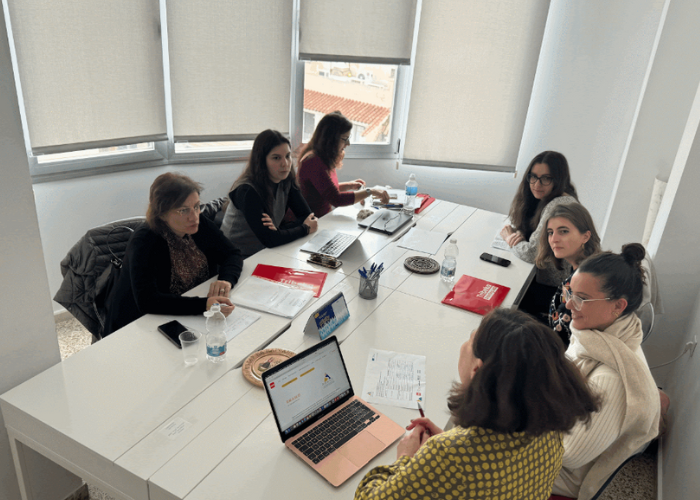
Yesterday and today, the partners of the P.iR.A.M.iD. project gathered at Tribeka Training LAB in Malaga to review the project's progress and discuss the next steps. Key partners from Elidea Psicologi Associati, garagErasmus, Bulgarian Industrial Association, and Arlab came together to share insights, evaluate what has been achieved so far, and plan the upcoming phases of the project.
A central focus of the meeting was the ongoing students’ course by students, which is designed to enhance intercultural awareness and communication skills among students. The course, currently in progress, leverages the Lewis Model to help students better understand and navigate cultural differences. What makes this course unique is its co-creation by students themselves, ensuring the content is relevant and tailored to their needs. Feedback so far has been highly positive, highlighting how it is fostering greater cultural competence among participants.
Looking ahead, the partners outlined the next key steps in the project:
Training for Teachers: A training program aimed at helping educators better understand cultural differences and how to support students in diverse classroom environments. This course will provide teachers with tools to create inclusive learning spaces and enhance intercultural skills.
Training for Host Companies: The next phase will involve developing a course for host companies. This course will prepare businesses to work effectively with individuals from various cultural backgrounds, ensuring they can create inclusive and supportive work environments for international students and interns.
Final Conference: The project will culminate in a final conference, where the impact and results of the P.iR.A.M.iD. initiative will be shared with a broader audience. This event will highlight the success of the project and its contribution to improving intercultural communication and collaboration across Europe.
The meeting was highly productive, with all partners expressing excitement about the project’s direction and the upcoming phases. As the project moves forward, the partners are confident that it will continue to make a significant impact, both in enhancing intercultural understanding and in providing valuable skills for students, teachers, and businesses alike.
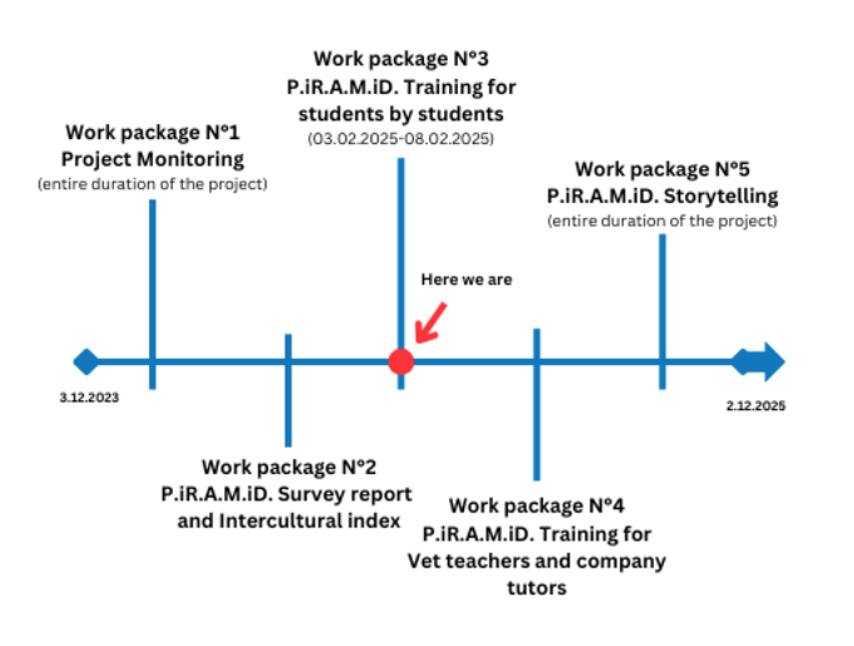
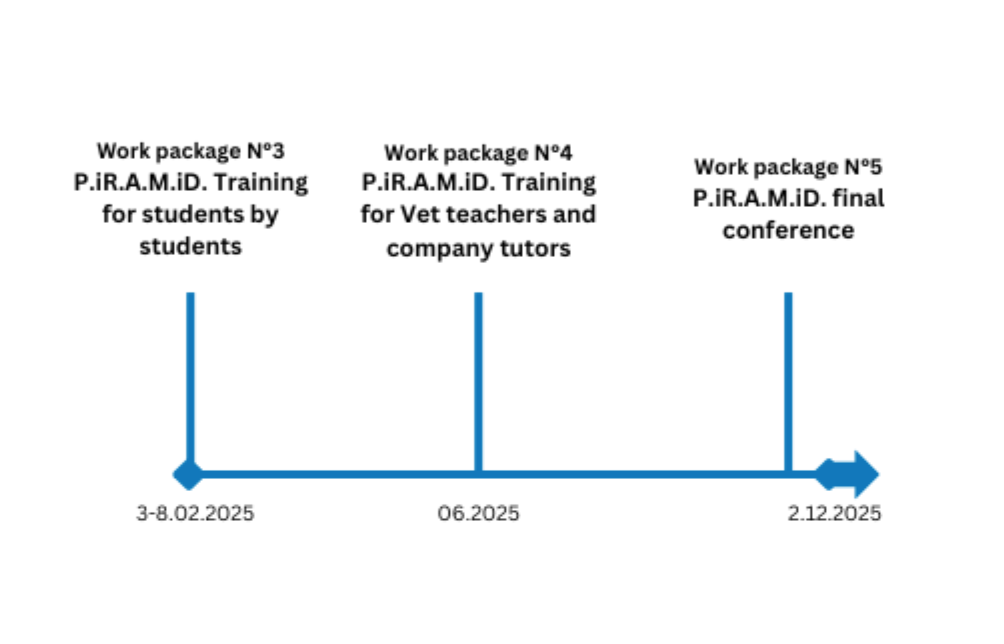
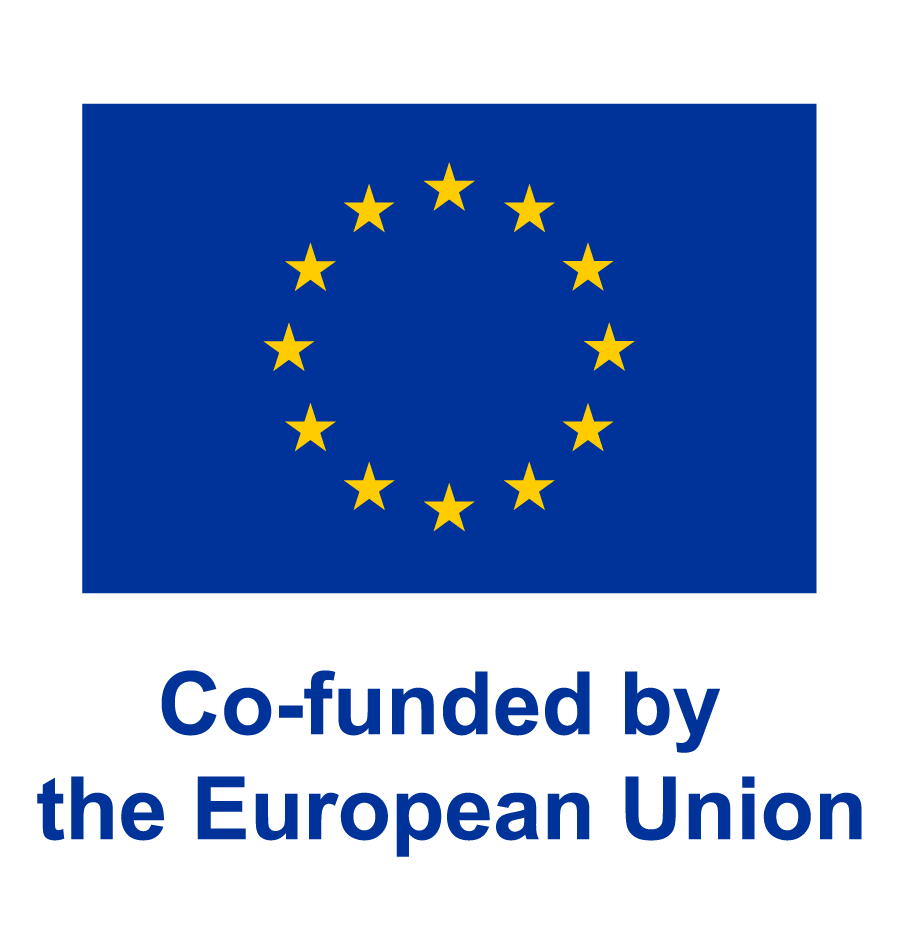
This project has been funded with support from the European Commission.
This publication reflects the views only of the authors, and the Commission cannot be held responsible for any use which may be made of the information contained therein.
